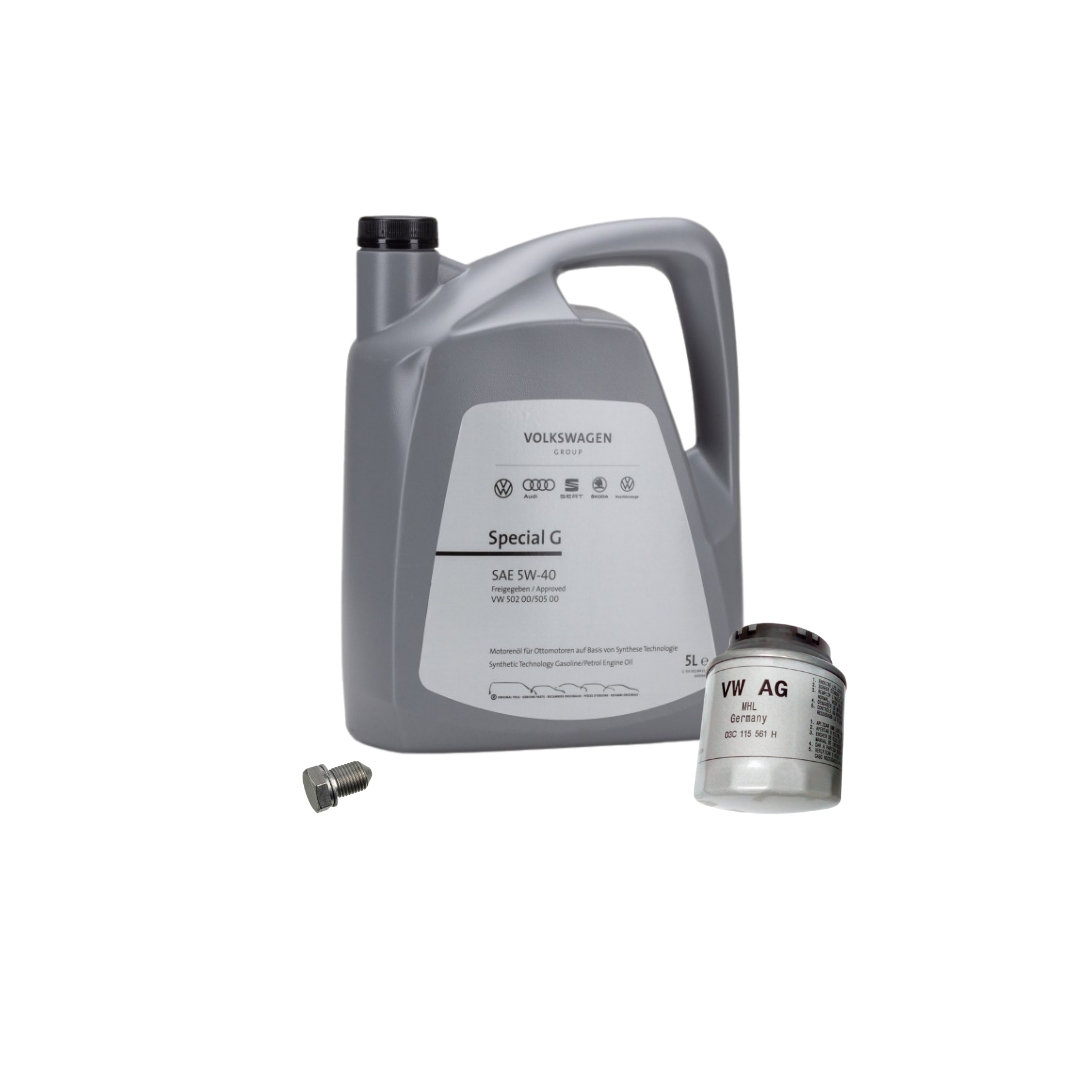Maintain smooth operations with a properly serviced clp engine.
Maintain smooth operations with a properly serviced clp engine.
Blog Article
Exactly How a Clp Engine Can Improve Performance in Different Industries
The advent of CLP engines notes a significant change in operational performance across numerous markets, driven by their ability to optimize gas consumption and decrease downtime. Industries such as production and logistics stand to acquire substantially from their robust layout and constant power output, which assure to simplify operations and enhance efficiency. As organizations significantly focus on sustainability alongside performance, the role of CLP engines ends up being also more crucial. What remains to be seen is just how these developments will certainly form the future landscape of industrial operations and their effect on more comprehensive economic trends (clp engine).
Review of CLP Engines
CLP engines, or Continual Fluid Propellant engines, stand for a substantial advancement in propulsion technology, especially for area applications. These engines use a constant feed system that permits for the continual expulsion of propellant, bring about boosted performance and efficiency contrasted to typical strong or hybrid propulsion systems. By keeping a consistent circulation of liquid propellant, CLP engines can attain a lot more accurate drive control, which is vital for navigating spacecraft in various goal situations.
The layout of CLP engines integrates advanced products and innovative gas administration systems. clp engine. This results in lowered weight and boosted reliability, essential variables for long-duration room missions. The continuous procedure minimizes the danger of combustion instability, a typical obstacle in conventional rocket engines.

Advantages in Production
The manufacturing of Constant Liquid Propellant (CLP) engines offers several significant benefits that boost both efficiency and cost-effectiveness. One of the primary benefits is the structured manufacturing procedure, which lowers the complexity related to traditional propulsion systems. By using liquid propellant, makers can accomplish higher accuracy in engine efficiency, leading to optimized power result and decreased waste.
Additionally, CLP engines help with a higher degree of modularity, enabling for simpler combination right into numerous manufacturing lines. This flexibility can dramatically decrease preparations and enhance total functional flexibility. Using CLP innovation additionally often tends to lessen the need for considerable maintenance due to less moving components, which translates right into decreased downtime and functional costs.

Applications in Logistics
Leveraging Continual Fluid Propellant (CLP) engines in logistics supplies substantial benefits in functional performance and integrity. These engines give a durable solution for various transport demands, making it possible for the seamless movement of goods across vast distances. The intrinsic style of CLP engines permits constant power outcome, which equates into smoother and a lot more predictable transportation timetables.
One of the essential applications of CLP engines in logistics remains in sturdy products transport, where they can drive both ground and aerial vehicles. Their capacity to keep high efficiency under varying load problems makes certain that shipment timelines are satisfied, thus enhancing customer complete satisfaction. Furthermore, CLP engines can be integrated right into automated logistics systems, assisting in real-time monitoring and enhancing route preparation.
Additionally, the longevity of CLP engines lowers upkeep downtime, enabling logistics companies to optimize their operational capabilities. This is specifically helpful in warehousing operations, where efficiency in managing and transferring goods is critical. As logistics proceeds to progress, the integration website here of CLP engines stands for a forward-thinking method that not only boosts performance but additionally sustains the i was reading this industry's expanding demands for reliability and rate.
Effect On Power Efficiency
Just How do Continual Fluid Propellant (CLP) engines enhance power effectiveness in transport? CLP engines utilize a regular flow of liquid fuel, optimizing burning procedures and preserving a secure drive outcome. This style decreases energy losses connected with traditional burning engines, where fuel delivery can vary and cause inefficiencies.
The constant procedure of CLP engines enables a more effective thermal cycle, leading to greater specific impulse compared to traditional engines. clp engine. This equates to lowered gas consumption for the same amount of job done, dramatically lowering operational expenses throughout numerous transport fields, consisting of aviation and maritime markets
In addition, the ability of CLP engines to preserve optimum efficiency under varying tons problems minimizes the demand for constant acceleration and slowdown, additionally enhancing fuel efficiency. Enhanced power efficiency not only adds to set you back savings however likewise brings about lower greenhouse gas emissions, aligning with worldwide sustainability goals.
Future Trends and Innovations
Emerging improvements in Constant Fluid Propellant (CLP) engine click over here now modern technology promise to revolutionize the landscape of transportation efficiency and sustainability. As markets pivot toward greener alternatives, CLP engines stand at the forefront, incorporating cutting-edge materials and design approaches that enhance efficiency while lessening environmental impact.
Among one of the most appealing trends is the adoption of crossbreed systems that incorporate CLP engines with sustainable energy sources. This harmony can optimize gas usage and minimize discharges, aligning with global sustainability objectives. Additionally, improvements in computational fluid characteristics (CFD) are promoting the style of more aerodynamically effective engines, resulting in lowered drag and enhanced fuel performance.
Furthermore, the advancement of smart tracking systems is set to improve functional effectiveness. These systems utilize data analytics and IoT innovation to optimize engine efficiency in real-time, ensuring that the engines run within their most efficient specifications.
As study continues to discover alternative propellant formulas-- such as biofuels and synthetic fuels-- the future of CLP engines looks encouraging. By utilizing these technologies, markets can not just improve their performance but additionally contribute substantially to a cleaner, more sustainable future in transport.
Conclusion
In conclusion, CLP engines stand for a considerable development in performance across several sectors. Their capability to maximize fuel intake and reduce operational expenses, combined with a constant feed system, boosts power output and operational dependability. The assimilation of advanced materials and less relocating parts lessens upkeep requirements, while placement with sustainability objectives positions CLP engines as a critical modern technology for the future. Proceeded innovation in this field promises further renovations in effectiveness and environmental efficiency.
Report this page